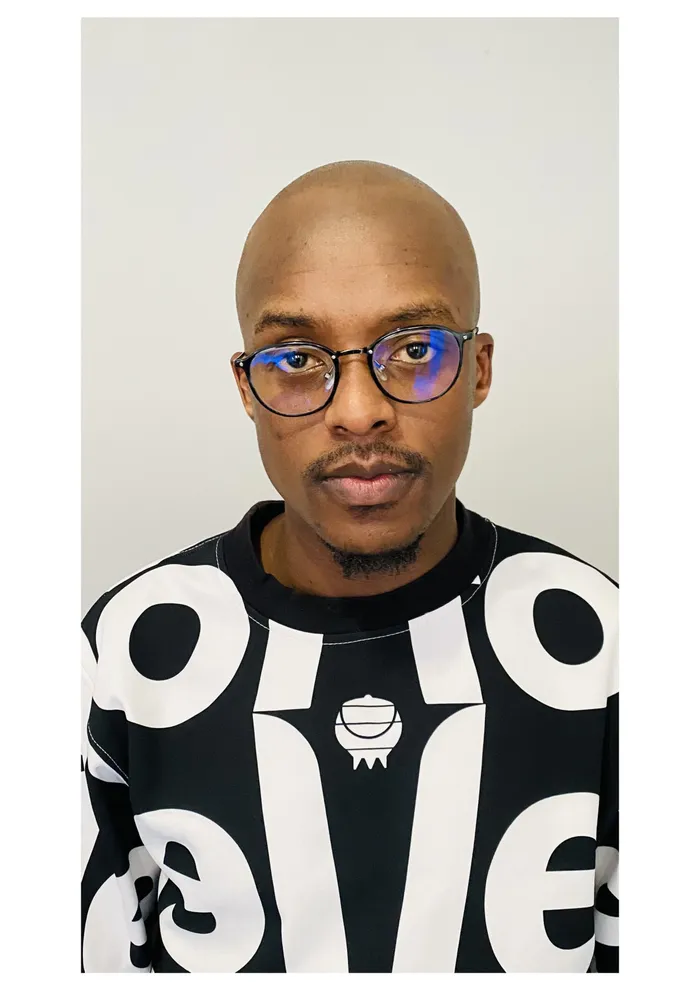Cwecwe's case: A call for urgent reform in child protection in South Africa

Awam Mavimbela is a registered social worker, former Walter Sisulu University Lecturer, PhD candidate with University of the Free State, and a published author
Image: Supplied
THE recent public outcry and marches demanding justice for Cwecwe raise a critical question: how well does the South African state protect its children?
This is a fundamental concern in social work, which is guided by legal and policy frameworks such as the Children’s Act 38 of 2005 on its curriculum.
Statistics show a troubling rise in crimes against children. Between 2015/16 and 2019/20, these crimes increased by 6.3 percentage points. Specifically, the per capita rape rate among children rose from 96 per 100,000 in 2015/16 to 103 in 2018/19.
In 2015/16 alone, the rate of sexual assault was 20 per 100,000 children. Unfortunately, despite policy developments and awareness campaigns, violence against women and children continues to escalate.
Reports of gender-based violence (GBV) remain inadequate, with many cases going unreported. This suggests that over 2 million households may be experiencing GBV trauma in silence, as statistics South Africa reported more than 2 million women experience gender-based violence.
According to Stats SA, there is a disturbing rise in homelessness, with children under 15 making up a significant portion.
Of those in shelters, 45.7% are children, while 26.9% live on the streets. Each year, an estimated 1,697 children are reported missing about one every five hours.
While 77% of these cases are resolved, the remaining 23% represent children who are never found, trafficked, or found deceased.
These harsh realities severely impact children’s rights, like, inter alia, education, health, and safety & security.
Abuse-related depressive disorders impair concentration and academic performance.
According to the University of Oklahoma's Suicide Prevention Resource Center, emotional distress leads to poor academic outcomes and reduced quality of life.
Supporting this, 2024 scientific data depict the Eastern Cape as ranked among the top provinces for child sexual assault and was second-last in matric pass rates, at 84.8%.
Undeniably, part of the problems experienced by learners not academically performing well is gender-based violence.
Unquestionably, the unrest both in physical protests and on social media demands better justice systems for learners or toddlers like Cwecwe.
Thousands of unemployed, qualified social workers could help safeguard children's rights by providing support such as temporary shelter.
However, despite their training, many are not actively involved in addressing these crises, often relegated to charity work due to unemployment.
With this in mind, this then seeks to say directly/indirectly that it is the responsibility of Department of Social Development to ensure that children’s rights are protected.
The Department of Social Development must study tragic cases like Cwecwe’s and implement proactive strategies.
This includes proposing stricter punishments for child abuse and neglect and expanding shelter options for vulnerable children.
Children are the future of any nation, and the rising rates of abuse—emotional, physical, and psychological—paint a dire picture of our societal health and future of the country.
Fighting GBV is not only a legal issue, but also a responsibility of the Department of Social Development.
Social workers, trained to protect and advocate for children's rights, are essential in this battle. This is even articulated the 1997 social welfare white paper.
However, the overwhelming workloads of social workers employed by DSD and high unemployment rates of social workers hinder progress.
This failure affects not only children and women but also the social workers themselves both employed and unemployed.
The state must address unemployment through a broader lens, recognising how it intersects with GBV and child protection. Justice for Cwecwe and countless others requires prevention, not just reaction. After all, prevention is better than cure.
DAILY NEWS